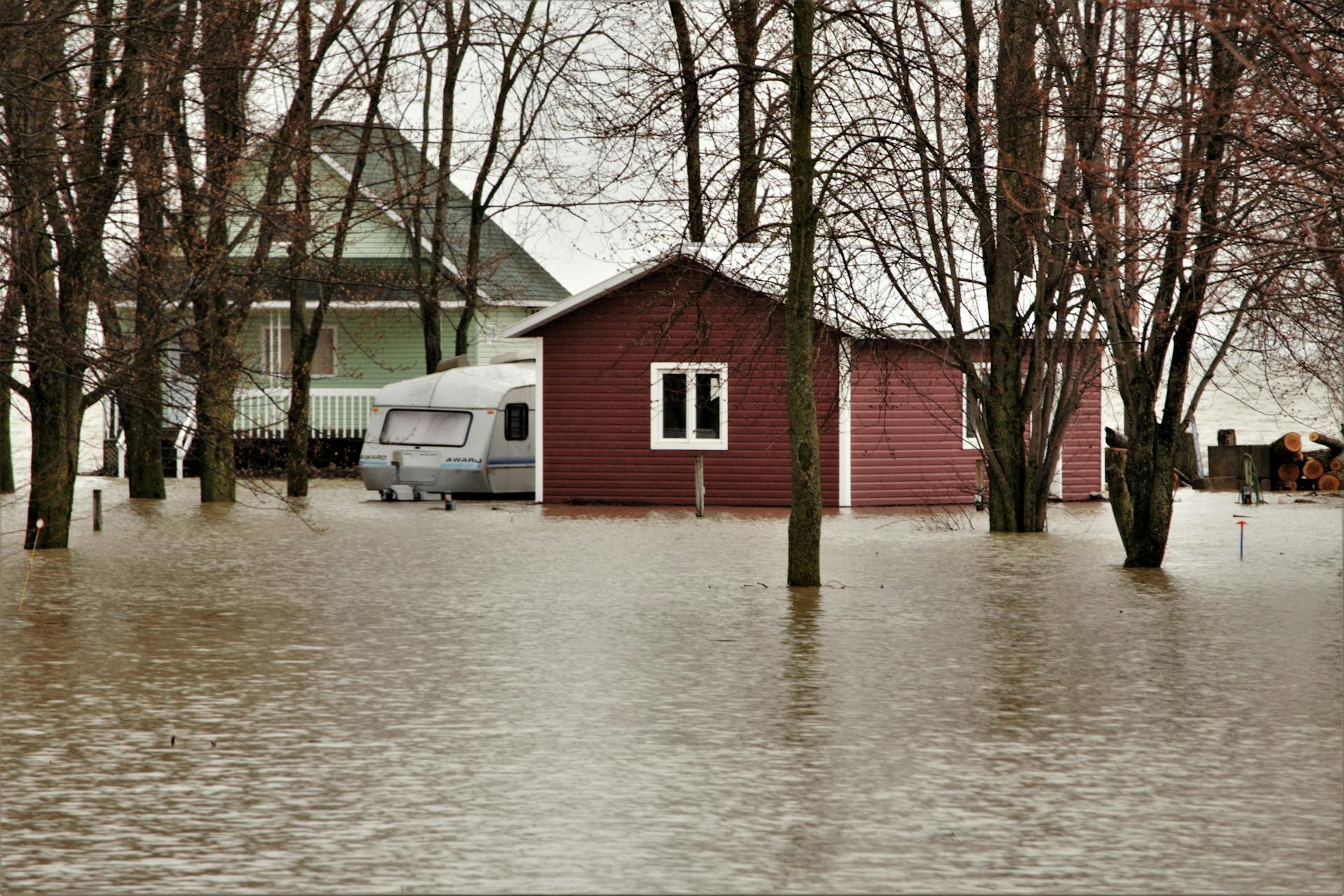Flooded Apartment? Know Your Rights
A Guide for Tenants

Heavy rains, burst pipes, or overflowing rivers - floods can wreak havoc on homes and leave tenants feeling lost and confused. But what happens when your rental gets flooded? Who's responsible for the damage and repairs?
As a tenant, it's important to understand your rights and the landlord's obligations during a flood event. Here's a breakdown of key points to know:
Landlord's Responsibility:
In most cases, landlords are responsible for repairs caused by floods or water damage originating from issues outside the tenant's control. This can include:
Fixing the source of the leak:
Whether it's a faulty roof, a plumbing issue, or damage from outside sources, the landlord has a duty to repair the root cause of the flooding.
Making the property habitable:
The landlord must ensure your apartment is safe and livable. This involves repairs like drying out walls and floors, removing mold, and restoring electrical and plumbing systems.
Following building codes:
All repairs should comply with local building codes and safety regulations.
Tenant's Responsibility:
While the landlord shoulders the burden of repairs, tenants also have some responsibilities:
Reporting the flood:
Notify your landlord immediately about the flooding, detailing the extent of the damage and any safety hazards. Documentation with photos or videos is helpful.
Mitigating further damage:
Take reasonable steps to prevent further damage, like turning off clogged drains or moving belongings out of the wet areas. However, prioritize your safety and don't attempt repairs yourself.
Maintaining renter's insurance:
While the landlord is responsible for the structure, renter's insurance can cover your damaged belongings. Having renter's insurance is highly recommended.
What to Do if Your Landlord Doesn't Respond:
If your landlord is unresponsive or unwilling to make necessary repairs, here are some steps you can take:
Review your lease agreement:
The lease might outline specific procedures for handling repairs and maintenance requests.
Contact local authorities:
Depending on the severity of the damage and the health hazards posed, you may need to contact your local housing department or code enforcement office.
Withhold rent (with caution):
In some jurisdictions, tenants may be able to withhold rent if the landlord fails to make repairs that render the unit uninhabitable. However, this is a complex legal issue, and it's crucial to consult with a tenant attorney before taking this step.
Knowledge is Power:
Understanding your rights and the landlord's obligations during a flood can help you navigate a stressful situation more effectively. By keeping clear communication and following the proper steps, you can ensure a smoother resolution and get your home back to normal as soon as possible.
Disclaimer: This blog post is for informational purposes only and should not be construed as legal advice. It's always recommended to consult with a lawyer specializing in tenant rights for specific legal guidance.
Created on: 04/11/24
Author: CreditLink Secure Blog Team
Tags: water damage, flood , flooding , burst pipe , roof leak , leaks,